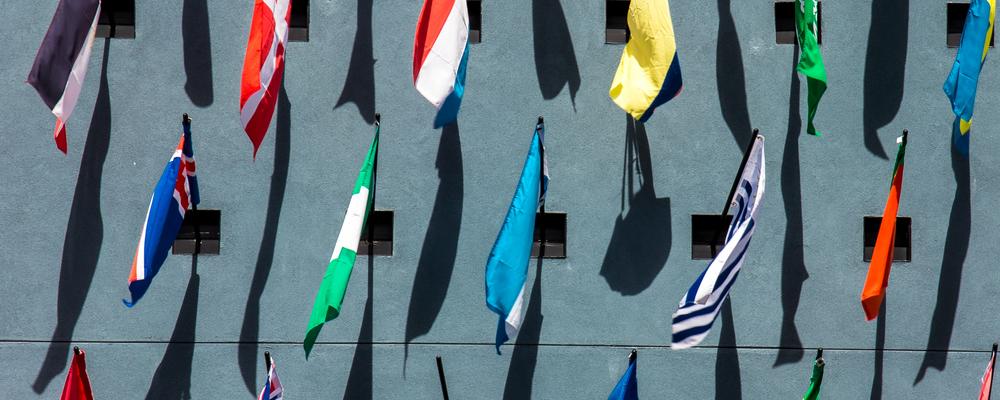
Theories of Ethnicity, Nationalism and Racism: Historical and Contemporary Debates
7,5 ECTS
Information
Course leaders: Stefan Jonsson and Peo Hansen
Duration: 17 November – 19 December; On-campus week in Norrköping, 1–5 December
Location: Hybrid. On-campus week in Norrköping, 1-5 December. Accommodation in Norrköping is covered for all PhD students who are admitted to the course.
Language: English
Study pace: 100%
Course Description
The course examines key ideas and concepts underlying both historical and contemporary thinking and debates on ethnicity and nationalism. This includes questions of national and ethnic identification and mobilization as well as theories on multiculturalism. Drawing on contemporary, historical and comparative examples, the course engages with different understandings of ethnic solidarities, nationhood and citizenship. Students also explore more recent debates on supranationalism, cosmopolitanism, populism and the post- and transnational. Much emphasis is put on the ways in which both historical and contemporary notions of nation, the nation-state and ethnicity need to be re-thought and re-historicized when confronted with issues of migration, empire, coloniality, gender and class. Questions of methodology are also highlighted, addressing methodological nationalism, methodological Eurocentrism and other forms of tacit methodological assumptions that have influenced research. In this way, the course aims to stimulate and enhance students’ ability to carry out empirical research.
Course Lecturers
Professors Peo Hansen and Stefan Jonsson, REMESO, Linköping University
Professor Gabriella Elgenius, SOCAV, University of Gothenburg
Confirmed International Lecturers:
Gurminder Bhambra, Professor of Historical Sociology in the Department of International Relations in the School of Global Studies, University of Sussex.
How to Apply
In the form below you will find more details on how to apply.
Deadline for applications is 3 November 2025.
Contact
For further information contact the course leaders:
Peo Hansen, peo.hansen@liu.se
Stefan Jonsson, stefan.jonsson@liu.se
About the Graduate School in Migration and Integration
- Our Graduate School courses are offered to PhD students.
- 5 weeks of full-time work for 7,5 ECTS. One intensive week at REMESO, Campus Norrköping, Linköping University or at SOCAV & CGM, University of Gothenburg.
- All courses are taught in English.
- Courses are usually examined by a paper assignment.
- Accommodation is provided for free to all PhD students who are admitted to our courses.
